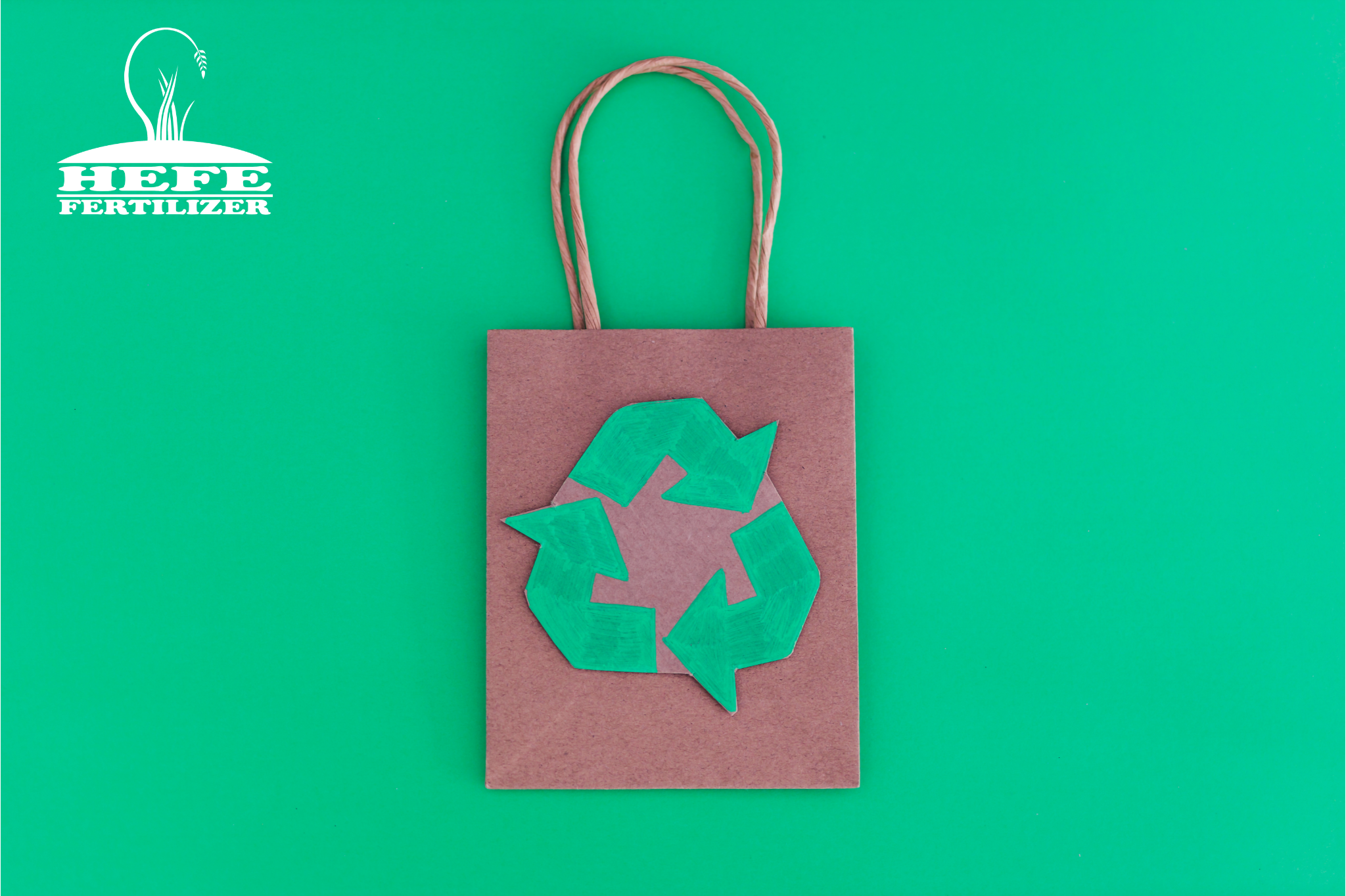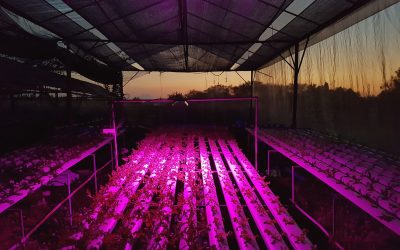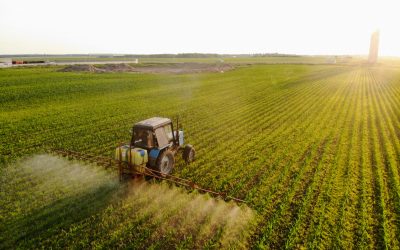In an ambitious move towards sustainability and environmental protection, the European Union (EU) has recently announced its decision to require all food packaging marketed in its territory to be recyclable and free of harmful chemicals. This initiative, which seeks to address the environmental challenges associated with packaging waste and chemical contamination, marks a significant milestone in the EU’s efforts to promote more responsible and environmentally friendly business practices.
The announcement comes at a crucial time, when public awareness of environmental issues, such as plastic pollution and exposure to hazardous chemicals, is on the rise. With growing concern about the impact of food packaging on human health and the environment, the EU has taken the lead in implementing concrete measures to address these problems.
One of the main provisions of this new regulation is the obligation for all food packaging to be recyclable. According to data provided by the European Commission, it is estimated that currently only 30% of plastic food packaging used in the EU is recyclable, which means that the vast majority of this packaging ends up in landfills or in the environment, contributing to pollution and waste of natural resources. With this new regulation, this figure is expected to increase significantly and reach a 100% recyclability rate by 2030.
In addition to the recyclability requirement, the EU is also cracking down on the use of harmful chemicals in food packaging. According to a report by the European Chemicals Agency (ECHA), it is estimated that more than 600,000 tons of hazardous chemicals are used annually in the manufacture of food packaging in the EU. These substances, which include phthalates, bisphenols and PFASs, have been the subject of concern due to their potential adverse effects on human health and the environment. The new regulation is expected to drastically reduce the use of these chemicals and ensure the safety of food packaging for European consumers.
This initiative will not only benefit European consumers by ensuring the safety of the food products they consume, but will also have a positive impact on the food industry and the packaging sector. Packaging manufacturers and food producers are expected to quickly adapt their practices to comply with the new regulations, which will create opportunities for innovation and investment in more sustainable packaging solutions.
In summary, the European Union’s decision to require all food packaging to be recyclable and chemical-free represents an important step forward in the fight against pollution and the promotion of more responsible business practices. While the challenges are real, the long-term benefits to human health and the environment fully justify these efforts. The EU is setting a precedent for the rest of the world in sustainability and environmental protection, demonstrating that it is possible to strike a balance between economic development and preserving our planet for future generations.




